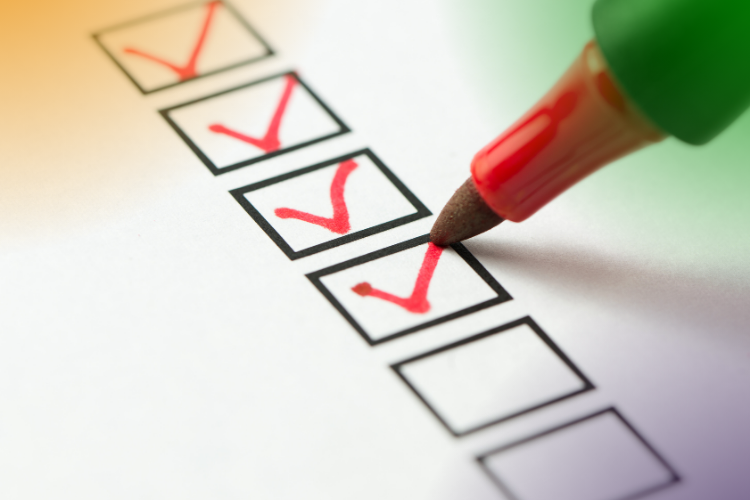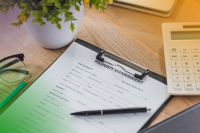Starter checklist for landlords 2021
Starting to rent a property for the first time is daunting. There’s lots to think about, and the penalties for doing things wrong can be severe. Here’s a quick guide to the key things to consider when you become a first time landlord.
Safety first
Your first priority has to be safety. Arrange for a certified heating engineer to come round and test any gas appliances in the property. Install and check smoke alarms are working. Get advice on whether your property needs fire doors, carbon monoxide detectors or other safety measures. If you’re supplying appliances such as cooker or washing machine, get those tested too.
Energy Performance Certificate
It’s now a requirement for landlords to provide tenants with a statement of how energy efficient the property is. The certificate has to be in place before you even start to advertise the property for rent, so this needs to be a top priority.
Marketing the property
Many first time landlords use an agent or property lettings company to advertise and vet prospective tenants. If you’re planning on taking this on yourself, then there are a few more issues to consider. Firstly, you’ll get the biggest pool of prospective tenants by advertising online. Have clear pictures of the property and be specific about the monthly cost and types of tenants. It’s perfectly legal to say, for example, you won’t rent to people with pets or smokers. Ask your tenants for references and check them. Do everything you can to ensure you’re getting good tenants – a little extra work now will pay off in the long run.
Right to Rent checks
Landlords also have to make sure that the people who are renting their properties are in the UK legally. Ask all prospective tenants to show their passports, European Union identity cards or passport showing an indefinite leave to remain stamp. If there’s any doubt, check with the Home Office. You run the risk of a fine of up to £5000 for every illegal tenant.
Landlord licensing
Check whether you’re required to be licensed as a landlord by your local authority. Only some areas of the country have this requirement. If you do, you’ll need to pass a “fit and proper person” check, similar to a criminal records check. You will also have to pay a fee to the Local Authority for your registration.
Contracts and other legalities
You’ll need to draw up contracts and tenancy agreements with your tenants. There are templates you can download online, or ask a solicitor to help. You ensure that tenants are very clear about the monthly rental charges, and how you expect to be paid. Work out which deposit protection scheme you are going to use in order to protect money handed over by your tenant. Check your insurance cover, and do an inventory check before the tenants move in. Get everything in writing – email is fine – rather than relying on a verbal agreement. Give your tenants a way of getting in touch with you if there’s a problem, and arrange regular inspections of the property.





